
By Vijay Prashad, Independent Media Institute — If you ask an African migrant in Europe who came across the Mediterranean Sea in a boat if they would make the journey…

By Vijay Prashad, Independent Media Institute — If you ask an African migrant in Europe who came across the Mediterranean Sea in a boat if they would make the journey…
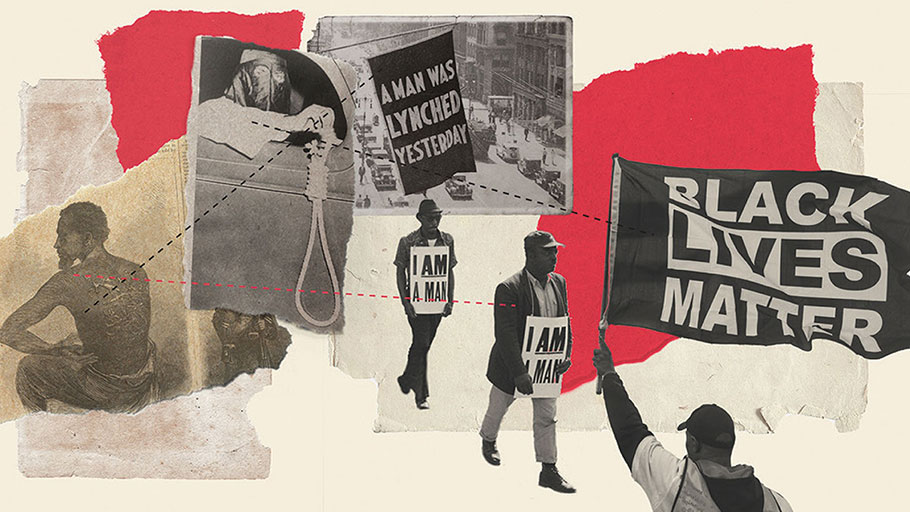
The city of Charleston, South Carolina chosen for its “deep connection to slavery” and its legacies. By Skyler Baldwin, Charleston City Paper — The announcement came last week for a…
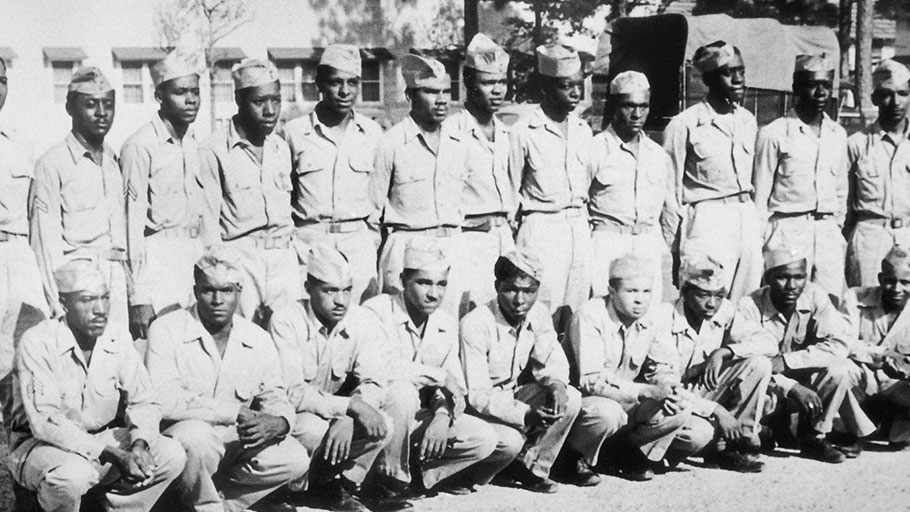
Black enlisted men were used as human guinea pigs in chemical experiments during World War II—not by Nazi Germany, but by Uncle Sam. By David Love — As was reported by…

By Eusi Kwayana — This statement is a personal one intended to support opinions, especially in the Caribbean, that the costs of practical recovery from annual hurricanes should not fall,…
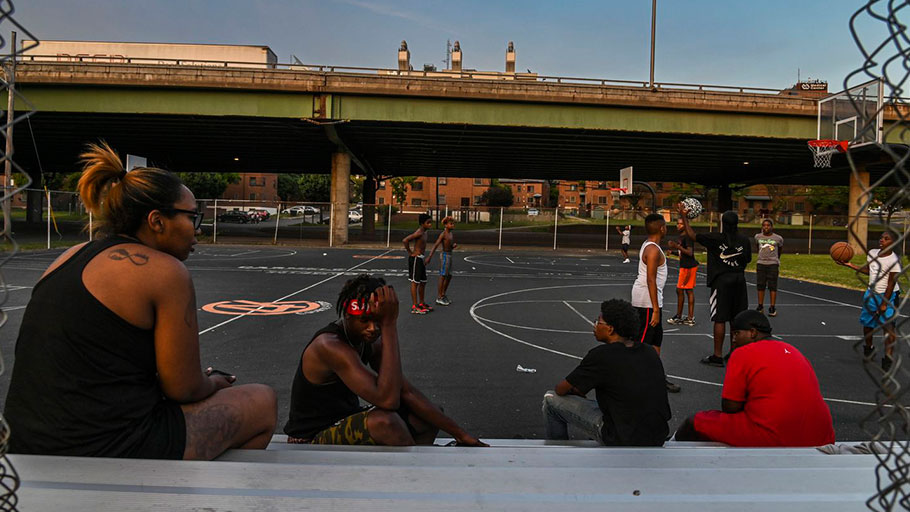
By Robert Samuels, Washington Post — This city’s south side was devastated when a highway section went up. Now that there’s talk of taking it down, residents think they should be protected — and compensated. SYRACUSE, N.Y. — When Ryedell Davis heard the 1.5-mile stretch of elevated highway slicing through this city might be torn down, he had a vision about what could emerge from its dust. He could open…
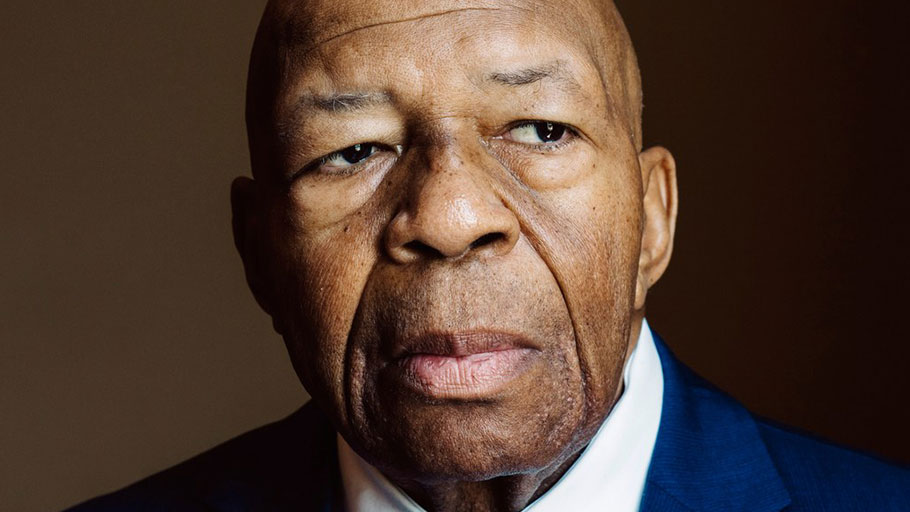
By Jelani Cobb, The New Yorker — By the time Representative Elijah Cummings left the pulpit during the funeral services for Freddie Gray, on April 27, 2015, he had delivered a word, as…
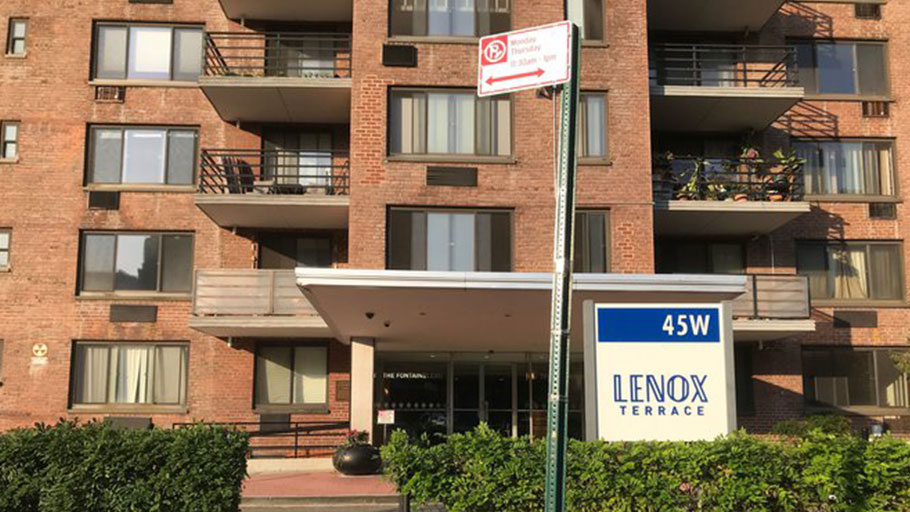
By Elizabeth Kim, The Gothamist — In 1958, Lenox Terrace vaulted itself into the rarified standing of being the first luxury apartment complex in Harlem. Built on three blocks as…
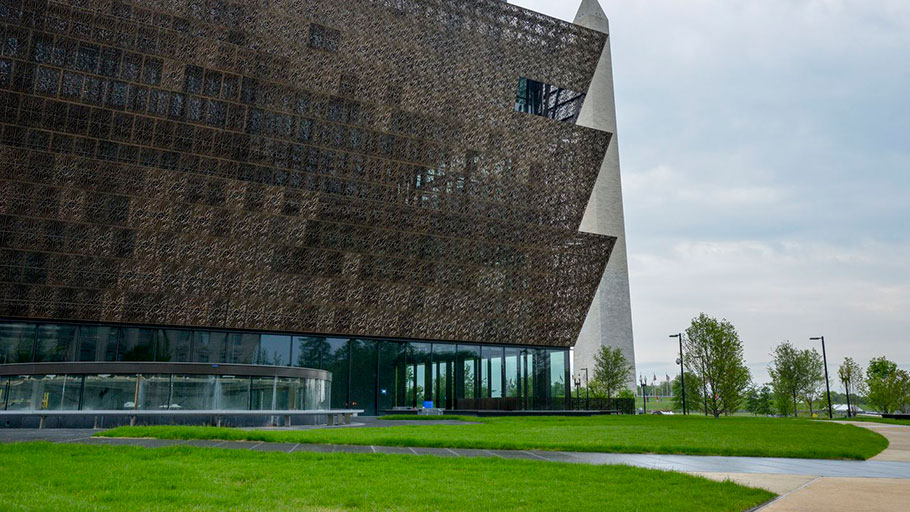
By Lonnie Bunch, The Washington Post — In his influential treatise on race, “The Fire Next Time,” James Baldwin wrote, “To accept one’s past — one’s history — is not the same thing as drowning in it; it is learning how to use it. An invented past can never be used; it cracks and crumbles under the pressures of life like clay in a season of drought.” Baldwin’s words…

Aesthetically, the antebellum plantations of the Old South are undeniably beautiful. But they’re built on human degradation. By Patricia J. Williams, The Nation — It was not a kind thought…
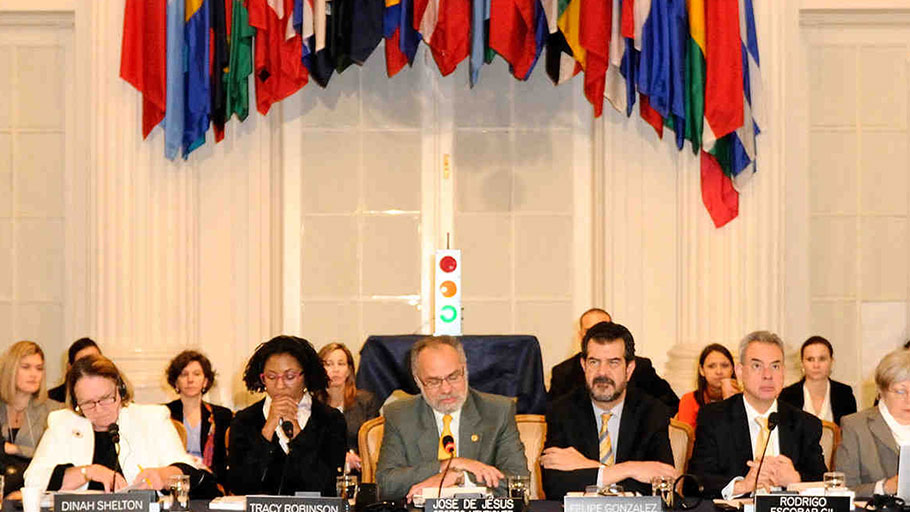
By Justin Hansford, ACLU — It is common for nations where mass atrocities have taken place to engage in the process of reparation and repair. This process happened in Germany after the Holocaust, South Africa after apartheid, and here in the United States, forty years after the internment of Japanese-Americans during World War II. As a result, international human rights bodies have sought to lend their expertise to the process, often by…
The real Young prodigy’s travel to Alabama on a civil rights journey and go back in time to tackle the issue of reparations. Fast paced, historical, but EPIC. A must…
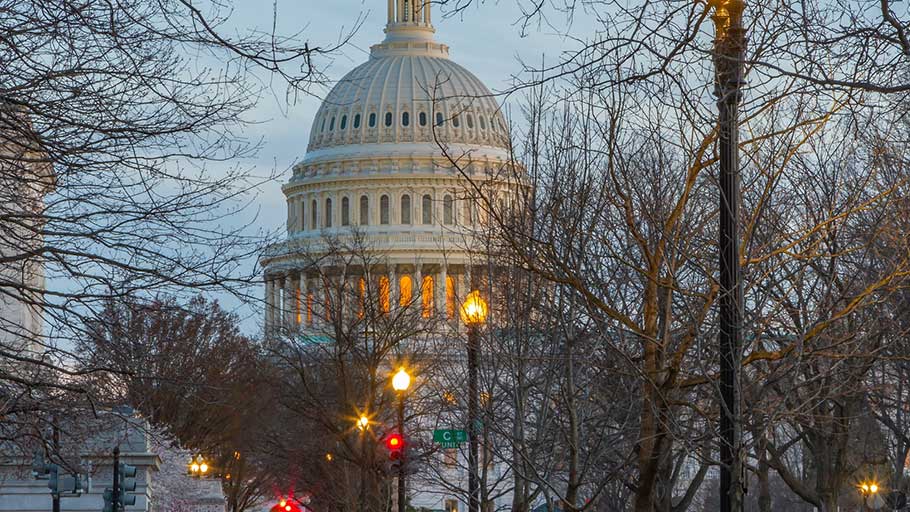
By Mark Muro and Jacob Whiton, Brookings — We’ve been harping for a while on the stark economic divides that define American life in the Donald Trump years. To be sure, racial and cultural resentment have…